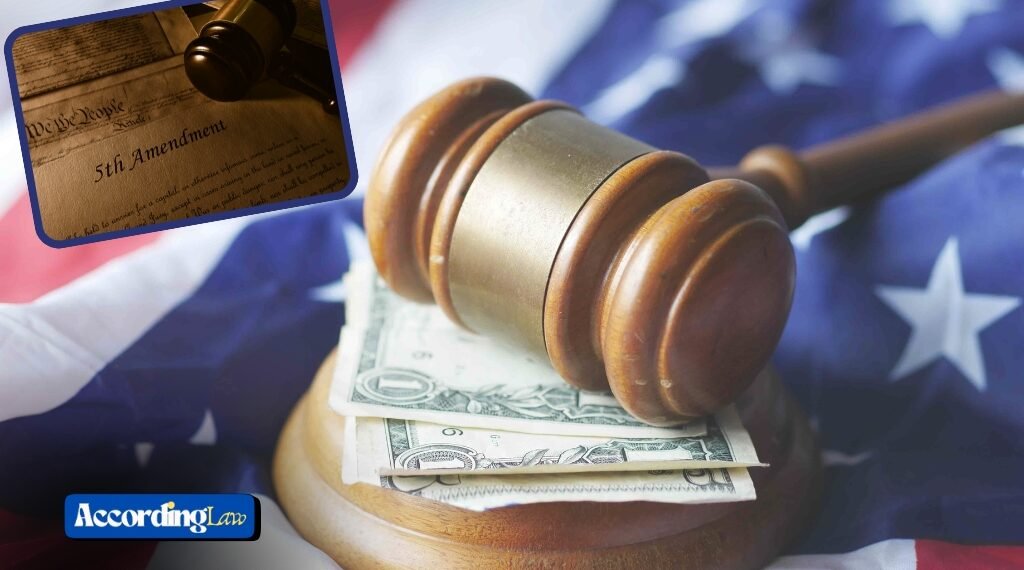Law school is intense. Between case briefs, legal memos, research papers, moot court submissions, and bar exam prep, law students are constantly writing under pressure. Juggling this workload with internships and lectures can be overwhelming. Fortunately, modern AI writing tools like Trinka.ai, its Plagiarism Checker, and AI Content Detectors offer much-needed support, helping future legal professionals write clearly, ethically, and professionally.
Trinka: The Academic Assistant Students Need
While many grammar tools exist, Trinka.ai is uniquely tailored for academic and technical writing, including the type of formal writing demanded in law school. Whether you’re drafting a case study analysis or a law review article, Trinka helps:
It’s especially useful during high-stress exam periods or while compiling multiple assignments, helping law students polish their work quickly without sacrificing quality.
Ideal for Legal Studies and Beyond
Whether you’re pursuing Criminal Law, Intellectual Property, Constitutional Law, or Corporate Law, Trinka adapts to your domain-specific vocabulary. Unlike generic grammar checkers, it doesn’t mark legal jargon or Latin phrases as errors, instead, it enhances their contextual usage.
Even during group projects (like trial advocacy briefs or joint research papers), Trinka ensures tone consistency and grammatical accuracy across all team members’ contributions.
Staying Ethical: Avoiding Plagiarism and Maintaining Integrity
Law schools hold a zero-tolerance policy for plagiarism. Even unintentional missteps—like improperly paraphrased precedent or missing citations—can carry severe academic penalties.
That’s where the Enago Plagiarism Checker becomes invaluable. It scans your legal writing against a vast database of academic papers, legal journals, and case law to:
By using it, law students uphold the academic honesty required in legal education and build citation skills essential for future legal writing.
Ensuring Your Work Reflects Your Voice
While some students use AI tools to draft case summaries or structure their arguments, final submissions must reflect original thought. The Free AI Content Detector reviews your content and flags sections that may appear machine-generated, allowing you to revise and personalize them before submission.
This ensures your work remains authentically yours and complies with academic integrity standards, which are increasingly monitored in legal education.
Beyond Grammar: Building Legal Writing Excellence
Trinka offers a deep level of analysis, making it highly useful for legal documents that require precision. Features include:
Saving Time Without Cutting Corners
Law students often compromise on editing during busy weeks. AI tools like Trinka ensure high-quality output without extensive manual proofreading. This allows students to focus on:
Confidence Before Courtroom or Class Submission
Submitting a legal memo, brief, or appellate argument can be nerve-wracking. Using AI tools as a pre-submission reviewer gives students peace of mind by ensuring:
Building Lifelong Legal Communication Skills
The legal profession demands clear, persuasive writing. Whether you’re drafting motions, writing client letters, or submitting legal opinions, the skills you build with tools like Trinka translate directly into real-world success. These tools help law students develop habits that last well into their careers.
Conclusion:
AI writing tools like Trinka.ai, Enago Plagiarism Checker, and AI Content Detectors aren’t shortcuts, they’re learning aids that help law students write better, ethically, and more efficiently. They support critical legal writing skills while reducing the pressure and risk of academic violations.
For law students and young attorneys committed to excellence, these tools aren’t just helpful, they’re essential in today’s digital legal landscape.


